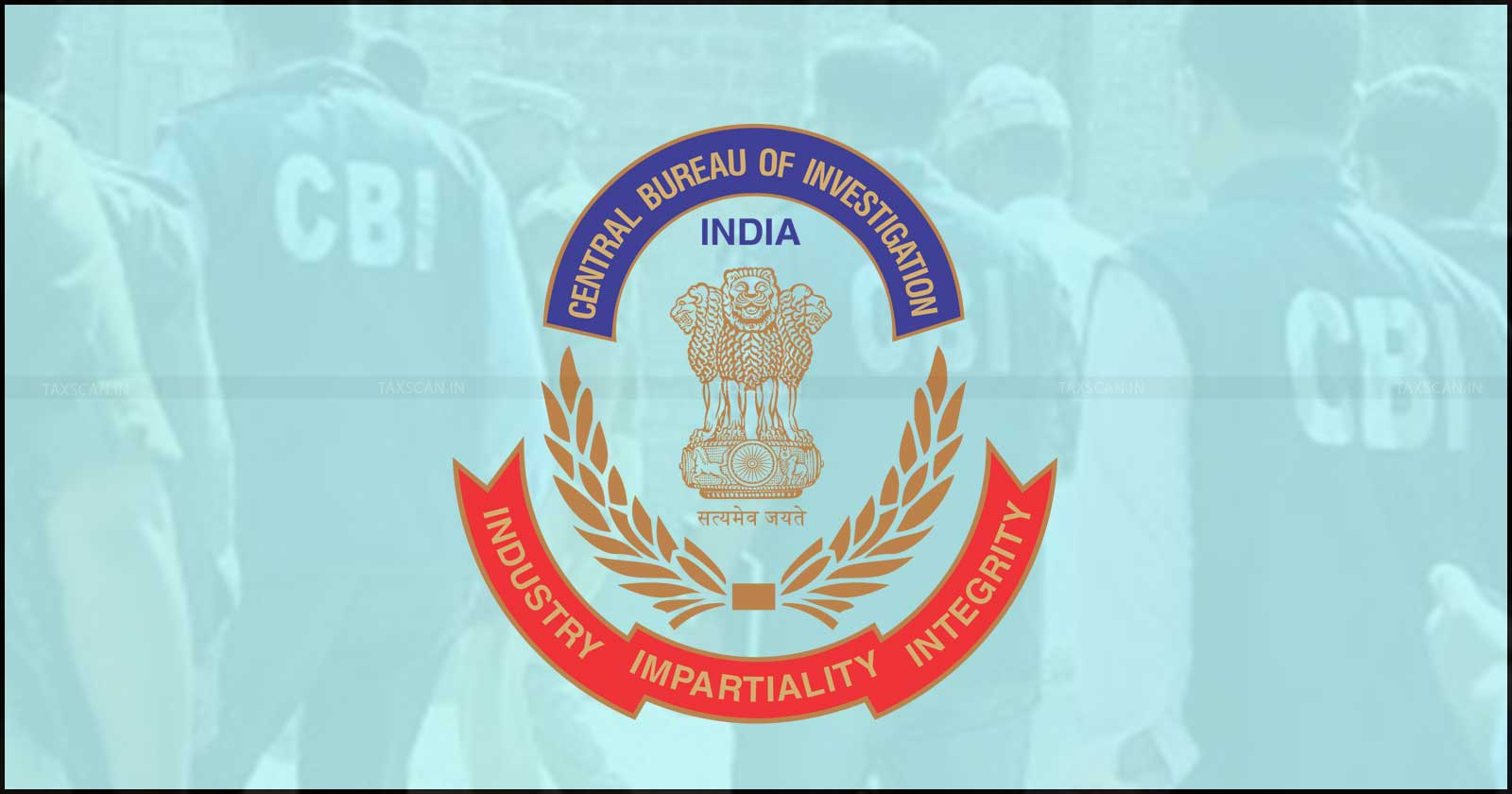CBI cannot be Rendered Helpless u/s 17A PC Act: Delhi HC refuses Bail to Northern Railway Officer [Read Order]
The court ruled that the charge against the petitioner could not be dismissed due to the seriousness and nature of the alleged offence.

CBI – Delhi HC – taxscan
CBI – Delhi HC – taxscan
The Delhi High Court has held that the Central Bureau of Investigation (CBI) cannot be rendered helpless under Section 17A of the Prevention of Corruption Act, which requires the CBI to obtain prior sanction and refused to grant bail to a Northern Railway Officer who is accused under the PC Act.
Arun Kumar Jindal, the petitioner, is a public servant who joined the Government Service in the year 1995 and is presently serving as Senior Section Engineer (Tender Section) [SSE] with the Northern Railways, New Delhi. The petitioner is a public servant who has deep roots in society.
Mere Non-Appearance of Directors Cannot Justify Additions When Documentary Compliance is Complete: ITAT [Read Order]
How to Audit Public Charitable Trusts under the Income Tax Act Click Here
Following a tip from a source, the Central Bureau of Investigation (CBI) announced that Gautam Chawla, Tapendra Singh Gurjar, and Saket Chand Srivastava would be meeting at Sandoz Restaurant in Connaught Place, New Delhi, to discuss a bribe transaction involving railway supply contracts given to M/s Vatsal Infotech Pvt. Ltd. Gautam Chawla would be representing the company. When Gautam Chawla was seen giving Saket Chand Srivastava and Tapendra Singh Gurjar Rs. 7 lakhs in cash, the CBI was keeping an eye on the persons. As soon as the CBI team saw the money being exchanged, they rushed to the area and arrested all three of them.
The petitioner argued that Section 17A of the PC Act, which requires prior sanction for the purpose of inquiry or investigation with respect to a public worker, should be applied before the FIR was registered, that is, during the inquiry without the sanction. However, the CBI's trap did not result in the petitioner's arrest.
SCN Uploaded Under ‘Additional Notices’ Tab Without Proper Intimation: Delhi HC Sets Aside Order [Read Order]
Step by Step Guide of Preparing Company Balance Sheet and Profit & Loss Account Click Here
It was alleged that the petitioner was involved in a large-scale bribery scandal in conspiracy with the other co-accused persons, and actively facilitated the collection of bribe amounts from railway contractors. These bribes were allegedly exchanged for favourable clearance of work orders and payments to the contractors. The petitioner was sufficiently aware of the investigation and that is why he called his brother and directed him to prevent the CBI from conducting the search, and in case the search ensues, he instructed him to remove all the things.
The government stated that the petitioner attempted to make the evidence vanish during the search operation that was carried out at his home. As soon as the CBI team reached the petitioner's home, the petitioner called his brother and told him to stop the CBI from searching the property and, if necessary, removing the "things."
Undoubtedly, allegations of corruption must be dealt with zero tolerance. When, during a trap proceeding, further information is received about the offence/offenders, the CBI cannot be rendered helpless in proceeding with further investigations.
The principles on grant of Anticipatory Bail are well settled, specifically when dealing with serious offences like corruption and there is sufficient evidence pointing towards the role of the individual in such activities. How the petitioner, despite having knowledge of the raid being conducted at his premises, evaded participation in the investigation and rather gave instructions to prevent the raid and for the disappearance of evidence, and also operated his bank locker the very next day, shows the petitioner's mala fides.
Transfer Pricing adjustment unwarranted u/s 92BA If Deduction Not claimed u/s 80IA: ITAT Deletes Addition [Read Order]
Complete Ready to Use PDFs of 200+ Agreements Click here
The single bench of Ms. Justice Shalinder Kaur while refusing to grant the Senior Section Engineer of the Railways who is accused of corruption anticipatory bail, the court observed that the petitioner's mala fides were demonstrated by the way he avoided taking part in the investigation despite knowing about the raid taking place at his company. Instead, he gave orders to stop the raid and to make the evidence disappear, as well as to operate his bank locker the following day.
Despite receiving a notification, the petitioner's son unquestionably failed to give the CBI the key to the bank locker. Preliminary evidence also suggested that the petitioner was involved in the other intercepted calls.
The court ruled that the charge against the petitioner could not be dismissed due to the seriousness and nature of the alleged offence.
To Read the full text of the Order CLICK HERE
Support our journalism by subscribing to Taxscan premium. Follow us on Telegram for quick updates


